by Lucas Nov 14,2025
Among the perennial topics in RPG discussions, few generate as much debate as turn-based combat systems. The classic approach that defined generations of role-playing games now finds itself at a crossroads with more action-oriented mechanics, and Clair Obscur: Expedition 33 has reignited this conversation with fresh intensity.
Clair Obscur: Expedition 33 launched to widespread acclaim last week, with IGN and other outlets praising its execution. The game proudly wears its influences - displaying turn order mechanics, equippable Pictos, labyrinthine dungeons, and even an old-school overworld map.
In an RPGsite interview, producer François Meurisse revealed the game was always intended as a turn-based experience, citing Final Fantasy VIII, IX and X as key inspirations. However, it also incorporates elements from Sekiro: Shadows Die Twice and Mario & Luigi, blending quick-time attack events with parry/dodge defense mechanics.
The fusion creates a unique hybrid - strategic turn-based planning transitions seamlessly into action-packed execution moments. This innovative approach has unsurprisingly sparked heated discussions among RPG enthusiasts.
Social media has particularly seized upon Clair Obscur's success as counter-evidence to prevailing arguments against turn-based systems - notably those surrounding Final Fantasy's evolution.
This debate traces back to comments from Final Fantasy XVI producer Naoki Yoshida during that game's promotional cycle. Speaking to Famitsu, Yoshida acknowledged appreciating turn-based RPGs as someone who grew up with them, but observed declining engagement from younger audiences: "I've seen many opinions saying 'I don't understand the attraction of selecting commands in video games' - especially among younger players who don't typically play RPGs."
The series' pivot toward action-oriented gameplay in FFXV, FFXVI and the FFVII remakes has predictably divided fans. These discussions often circle back to fundamental questions about turn-based systems' relevance.
Clair Obscur's current success offers turn-based advocates fresh validation. Here stands a title unabashedly drawing from classic JRPG traditions while achieving both critical and commercial success.
However, the situation warrants more nuanced consideration than simple "Final Fantasy should revert" arguments. While the flagship series has undeniably shifted toward action, Square Enix continues supporting turn-based RPGs through titles like Octopath Traveler 2, SaGa Emerald Beyond, and the forthcoming Bravely Default remaster.
The suggestion that Final Fantasy should imitate Clair Obscur also oversimplifies matters. Both franchises possess distinct artistic visions that resist simple substitution. While obvious similarities exist, reducing Clair Obscur to a "Final France-tasy" homage diminishes its genuine achievements and innovations.
This debate isn't new - veterans may recall similar discussions around Lost Odyssey during Final Fantasy XIII's era, or endless FFVII versus FFVI arguments. Such discourse seems intrinsic to the JRPG community.
Commercial considerations also factor heavily, as Yoshida acknowledged regarding FFXVI's development: "While I value command-based RPGs, we had to consider projected sales and the impact we needed to deliver." He notably left the door open for future turn-based entries, emphasizing FFXVI's approach reflected that specific project's needs.
Clair Obscur's impressive launch - 1 million copies in three days - makes it a breakout success by indie standards, though Final Fantasy titles typically aim higher. Recent successes like Baldur's Gate 3 and Metaphor: ReFantazio further demonstrate turn-based RPGs' commercial viability.
Ultimately, Clair Obscur represents an important milestone for its developers. Alongside titles like Visions of Mana and Ruined King, it exemplifies the resurgence of thoughtfully-scoped mid-budget RPGs. Whether it achieves Baldur's Gate 3-level longevity remains uncertain, but its strong start is undeniable.
As for Final Fantasy's future direction? The answer likely lies in authenticity rather than reactionary pivots. As Larian CEO Swen Vincke reflected regarding Baldur's Gate 3's success: "You just have to make a good game that your team is excited to create." Perhaps that's the most constructive takeaway from this ongoing conversation.
Girls Frontline 2: Exilium Global Website Goes Live, Along With Its Socials!
Marvel Rivals: Understanding Bussing and Catching It
New Game Plus in Assassin's Creed Shadows: Confirmed?
Top Skills to Prioritize for Yasuke in Assassin’s Creed Shadows
Assassin’s Creed Shadows Movements Reviewed by Two Parkour Athletes
Death Stranding 2 Release Date Unveiled in Massive Trailer
Top 25 Action Films Ever Ranked
Top Free Fire Characters 2025: Ultimate Guide

Unicorn dash : Magical Sky
Download
Moto Rider GO: Highway Traffic
Download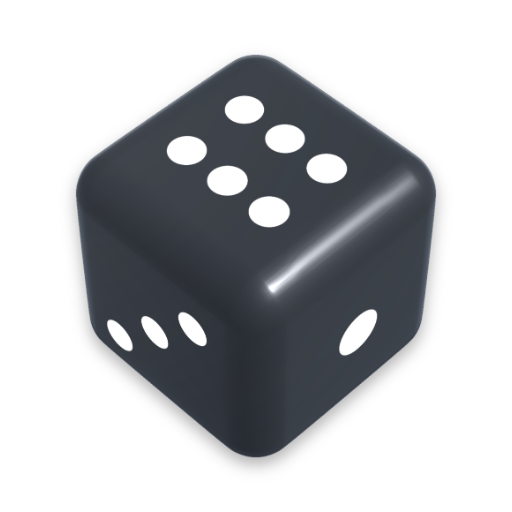
Just a Dice
Download
Euro Truck Driving Game 3d
Download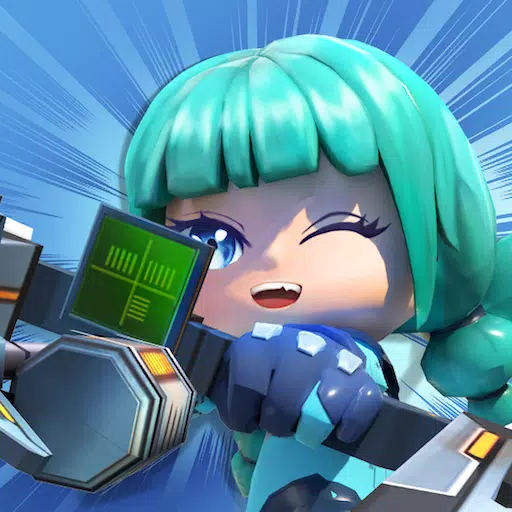
As Legends: 5v5 Chibi TPS Game
Download
TirPeaks Solitaire Dessert
Download
Find N Hunt
Download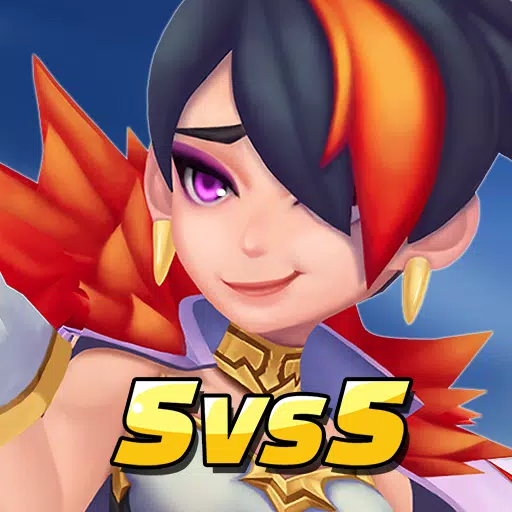
Moba League:PvP Trainer
Download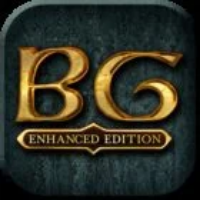
Baldur's Gate Enhanced Edition
DownloadObsidian Expands Universe with Grounded 2 Due to Space Constraints in Original
Nov 14,2025

Final Fantasy MTG Kit Back in Stock on Amazon
Nov 14,2025
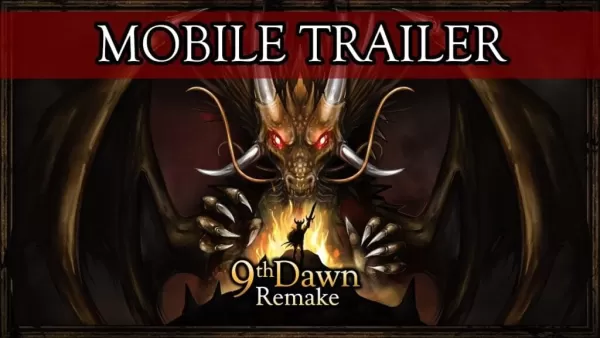
9th Dawn Remake Mobile Trailer Coming Soon
Nov 14,2025
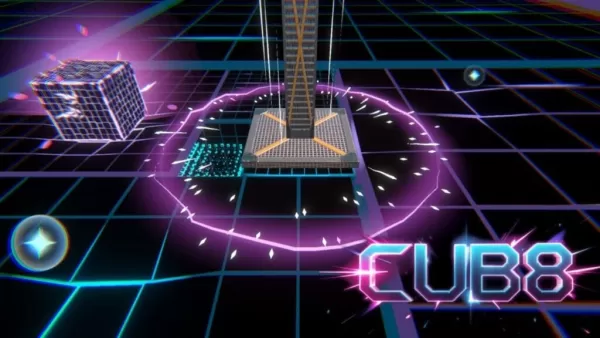
Cub8: Master the Hypnotic Rhythm
Nov 13,2025
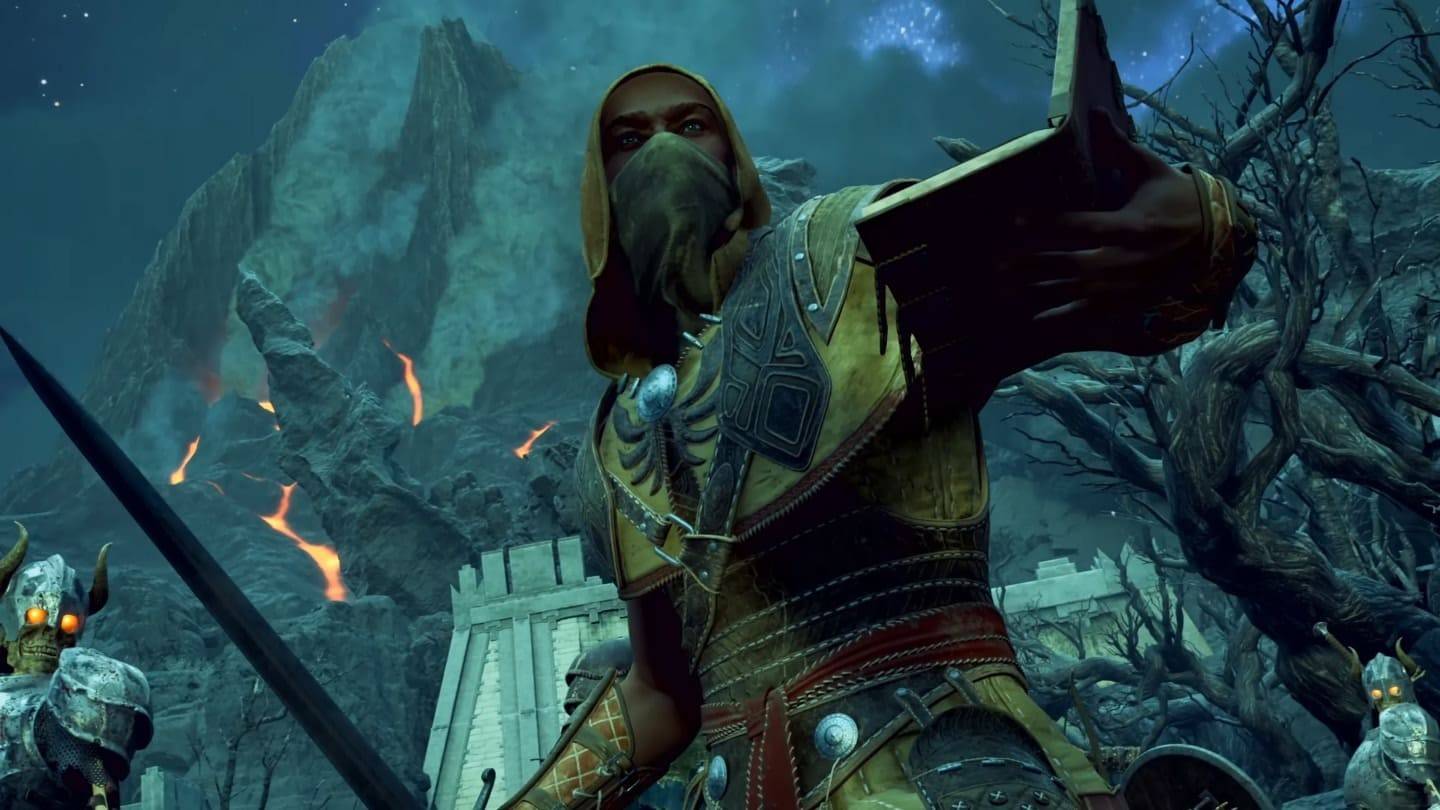
Avowed Merges Destiny's Style with Skyrim Roots
Nov 13,2025